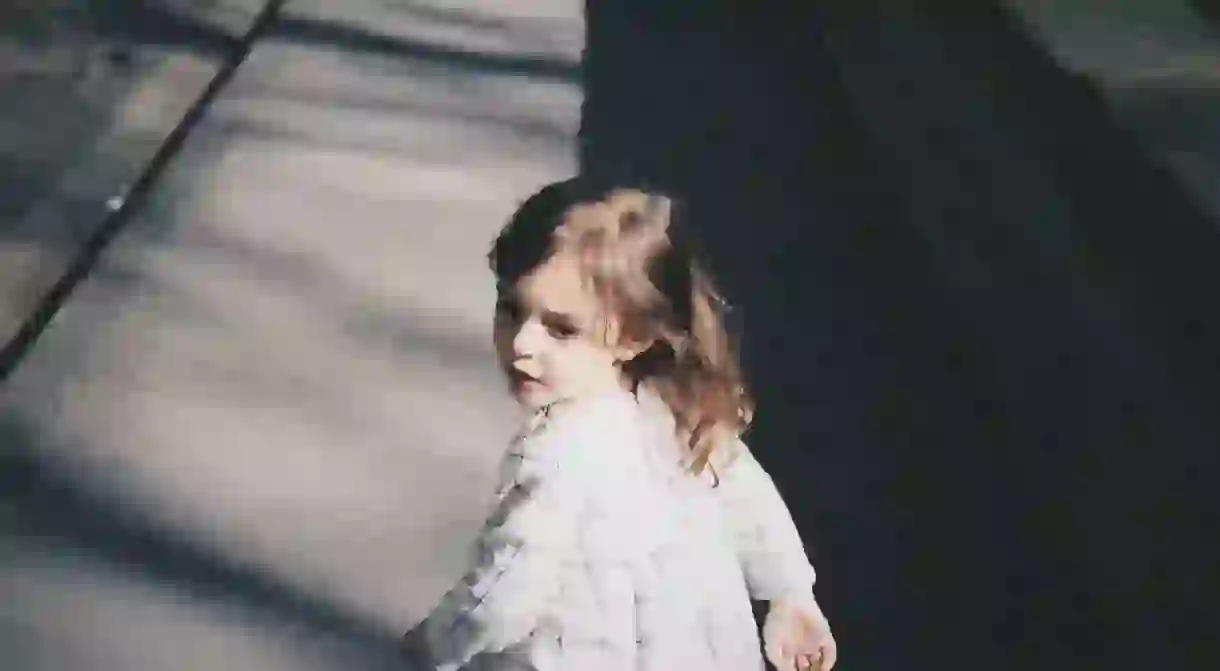How Norway's Child Welfare Service Is Creating World-Wide Controversy

We know what you’re thinking: how can a country with such high standards of living and a reputation for respecting human rights ever cause a controversy? And yet, the Norwegian Child Welfare Service (Barnevernet) has been facing backlash, both within Norway and abroad. The reason for that? Protesters feel that this well-funded government agency is a bit too eager to separate children from their families and place them under foster care. Below you can get a quick overview of this ongoing investigation that has even reached the European Court of Human Rights.
Not putting the ‘well’ in welfare?
Let’s start from the beginning. Barnevernet (literally ‘child protection’ in Norwegian) is the public agency responsible for child welfare, and has a branch in every kommune. Under Norwegian law, Barnevernet has the power to act if they suspect a child is suffering – and by act, we mean take the child from the home and place them in foster care or in a welfare institution. This is not unusual on its own; it’s the way child welfare services work in most countries. The controversy begins with how exactly Barnevernet power is wielded – and how often.
The problems seem to have started in 2008, after a horrible incident of abuse by a child’s father which resulted in the child’s death. Since then, Barnevernet’s policy has become a lot more strict when it comes to removing a child from their family, even immediately following birth. Numbers reported by numerous Norwegian media show that child removals tripled by 2014; in total, 1,664 children were taken into foster care only that year – about a fourth of which were taken from mothers who were born abroad. This sparked not only a local, but an international outcry, as the countries of the parents who had their children taken from them felt they were victims of prejudice because of their heritage, or religion. After a certain incident involving a Czech family in Norway, Czech President Milos Zeman even went as far as to accuse Norwegian social workers of ‘acting like Nazis’.

The (very) fine line between caution and harshness
Certainly, everyone agrees that a child’s safety and welfare should come first – even if taking them away from the family can understandably be heartbreaking for the parents. But as Norway becomes an increasingly more diverse society, the very definition of ‘safety and welfare’ may in fact need to be re-examined. One such example comes from the application of the Norwegian law about corporal punishment: in Norway, hitting a child, even in the form of a mild slap, is completely illegal – whereas in many other countries of the world it’s still considered within a parent’s right to do so. So let’s say you’re an immigrant to Norway who’s not aware of this particular law, and one day you slap your kid in public because they did something you felt was unacceptable. Chances are, very soon social workers will be at your door, following up on some anonymous tip for abuse. There have been cases where that was enough to take the children away from their families, without any further warning.
But it’s not just about immigrant families or physical abuse. There’s a big grey area when it comes to the emotional welfare of a child – for instance, when one of the parents has a mental health issue. How do you decide that a mother who currently battles depression, for instance, is unfit to keep her child? And what kind of ramifications does that have in the child’s life in the long run? Is it really preferable that they’re raised in foster care or in a welfare institution than staying at home with their mother while she’s getting the help she needs to get better? Would you take a child away if their father was deemed ‘too old’, or if the child wanted to dress as a girl but had been assigned a male sex at birth?

Where the truth lies
As these are all real examples, the answers are definitely not easy, or straightforward. Each case is different, and should be treated as such. The main concern against Barnevernet is that they seem a bit too eager to apply a blanket solution of child removal to situations like that instead of investing time to work with each family to monitor or solve the issue. There have been protests in countries all over the world, as well as online communities asking to shut down the service. Last year, 170 leading Norwegian professionals involved in child protection sent an open letter to the Children’s Minister, accusing Barnevernet of being a ‘dysfunctional organisation which makes far-reaching errors of judgment with serious consequences’.
The situation still unfolds. Currently, the European Court of Human Rights is investigating eight separate cases in which the parents are claiming their children were wrongly ‘kidnapped by the state’. We are hoping that the ECHR will shed light to any potential flaws to Norway’s Child Welfare System and help the country reclaim its status as one of the best countries in the world for raising children.













